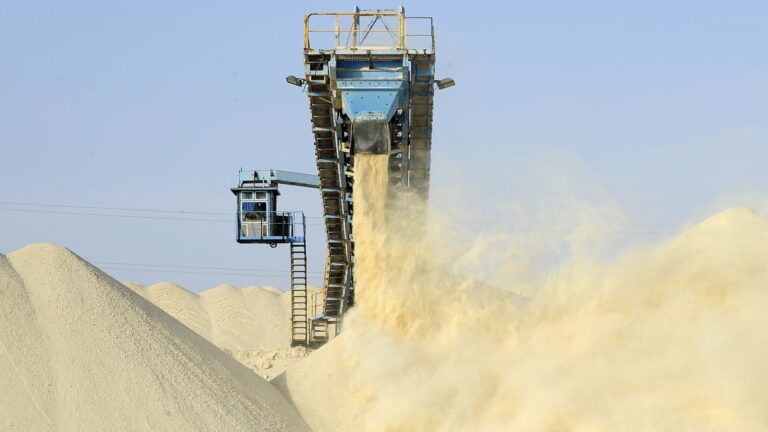Morocco has the largest phosphate reserves in the world – making it one of the most important countries for food supply. CNBC visited a phosphate mine close to Marrakesh to understand the importance of this commodity.
Phosphorous is one of the three nutrients, along with nitrogen and potassium, used in commercial fertilizers. Without the mineral, many farmers would struggle to get good crops.
However, phosphates cannot be produced artificially, and only a finite quantity can be mined. Chakib Jenane from the World Bank said: “Fertilizers are responsible for about 50% of our global production of food.”
CNBC visited a mine in Ben Guerir, Morocco owned by OCP – the largest producer of phosphates in the world. Ilias El Fali, the chief operating officer at OCP, said that the African continent holds the key to global food security.
“Africa uses a tenth of the fertilizer used globally. The average the yields in Africa are a quarter of the global average. And 60% of the world’s arable lands are in Africa,” he noted.
Phosphates are also one of the main ingredients in certain lithium-powered batteries, referred to as LFP or lithium iron phosphate batteries – making these minerals crucial for decarbonization.
Watch the video to learn more about phosphates and their significance to the food on our tables, and the energy transition.


